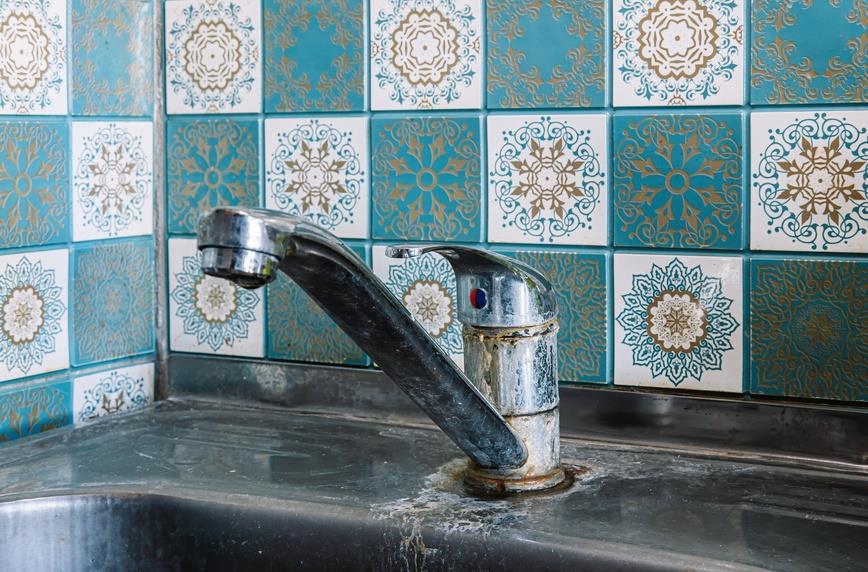Reasons Rust Collects on Your Metal Surfaces


While your newest renovation may be structurally sound, using the wrong materials for the environment could create dangerous situations. For example, rusty metal will require repairs, so it’s best to avoid corrosion at all costs. Discover the reasons why rust collects on metal surfaces in your home and how you can prevent damage during your bathroom, kitchen, and outdoor renovations.
Exposure to Moisture and Humidity
High moisture levels or humid conditions escalate the oxidation process, which causes rust to form on metal surfaces. Steam and moisture from hot water can stick to any surface in bathrooms and kitchen. For instance, metal hardware can corrode if exposed to water over time.
To prevent moisture-induced rust, ventilate the room by opening windows and turning on fans while cooking or showering. If you’re changing out your faucets or cabinets, apply a protective finish to protect your materials from corrosion over time.
Use of Low-Quality Metals
Don’t settle for just any material when decorating your home! Low-quality metals with thin protective coatings are susceptible to rusting in damp conditions. For outdoor furniture or fixtures made with cheap alloys, switch to décor that uses stainless steel, aluminum, or galvanized metal.
Salt in the Air Near Coastal Areas
Living near the coast has its perks; beautiful sights and a sea breeze are lovely, however, salt particles in the air accelerate corrosion on metal surfaces. If you live in a coastal region, you might notice that you have to put in a lot of work to protect your car from rust and deterioration when parked outside.
When performing outdoor installations, be mindful of the climate and work with materials that won’t corrode. Choosing coated or marine-grade metals provides better durability in salty environments.
Lack of Maintenance
Metal surfaces require regular upkeep to stay in good condition. If you forget to clean or inspect your metal installations, it could lead to grit, grime, and moisture buildup. Regularly wipe down and apply a protective layer, such as wax or oil, to prolong the metal’s lifespan.
Corrosive Materials in Use
Using acidic cleaners or improperly treated metal tools is a common reason why rust will collect on your metal surfaces. As you install new systems, avoid using corrosive materials in home renovations to protect your investments from premature deterioration.
Before you wrap up your installation project, seal pipes and bolts to prevent water damage in your home. Water damage could lead to other problems, including deterioration around walls and floors as well as unsightly yellow blemishes. Using the right tools and resources will preserve the longevity of your new home renovation.
